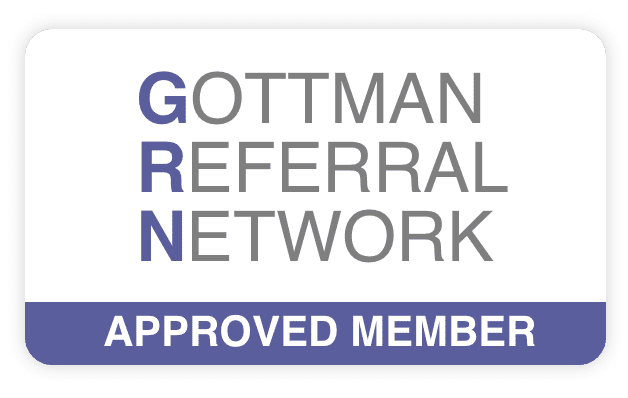Therapeutic Approaches
Modalities
Our therapeutic approaches include accelerated resolution therapy, eye movement desensitization and reprocessing, cognitive behavioral therapy, narrative therapy, solution-focused brief therapy etc. Click below to learn more:
ART is an evidence-based therapeutic modality that is designed to address emotional disturbances including trauma, anxiety, depression, and other mental health issues. It utilizes eye movement, visualization, and talk therapy to process negative memories and emotions.
ART offers quick relief and effectiveness, though individual experiences may differ.
Also evidence-backed therapy, ACT blends mindfulness and acceptance-based principles.
The primary goal of ACT is to boost psychological flexibility by embracing challenging emotions and thoughts.
It guides clients to commit to actions that align with their core values, despite difficulties. ACT addresses mental health concerns like anxiety, depression, addiction, trauma, and pain. Individual responses to this approach vary.
Cognitive Behavioural Therapy (CBT) is a validated, structured approach for mental health. It’s collaborative, goal-oriented, and based on evidence.
It recognizes the link between thoughts, feelings, and behaviors, aiming to modify unhelpful patterns for better emotional well-being. CBT empowers individuals to challenge negativity, leading to improved coping and emotional outcomes.
Exposure Response Prevention (CBT-EPR) is a specialized CBT technique. It confronts anxiety related to specific fears. Notably effective for anxiety disorders (OCD, phobias, generalized anxiety, social anxiety) and depression, it also yields positive outcomes for various mental health conditions.
EMDR is proven psychotherapy that addresses a wide range of mental health concerns, especially trauma. Using bilateral stimulation like eye movement, taps, or auditory cues, EMDR processes distressing memories and feelings.
The process includes eight phases where the therapist and client collaborate on identifying specific memories and beliefs. Clients often find relief from emotional distress linked to trauma, sometimes even complete resolution, empowering them to face distressing situations.
The Gottman Method is a research-based approach to couples therapy developed by Drs. John and Julie Gottman. It is designed to help partners improve their relationship in various areas, including communication, conflict resolution, emotional connection, and trust-building.
Narrative therapy is a therapeutic modality that places emphasis on individuals’ personal narratives, and how they shaped their identities. Therapists assist clients in identifying alternative narratives that center on their strengths and capabilities.
Tree of Life Narrative Therapy focuses on cultural sensitivity, acknowledging and respecting individuals’ unique cultural backgrounds and ways of life.
This therapeutic model is client centred, empowers clients and taps into their strengths and inner resources.
It is effective in treating a wide range of mental health issues such as anxiety, depression, addiction, and relationship dynamics.
SFBT is an evidence-based method, well-researched and proven. It highlights client strengths and inner resources as a foundation for efficient problem-solving.
Sessions are goal-oriented and brief, focusing on effectively producing positive outcomes. Active collaboration is key, as clients work with the therapist to solve current issues.
SFBT is effective for family, parenting, anxiety, depression, and work challenges.
Mental Health Resources
Find a variety of useful mental health resources, therapy and self help books for your consumption.
